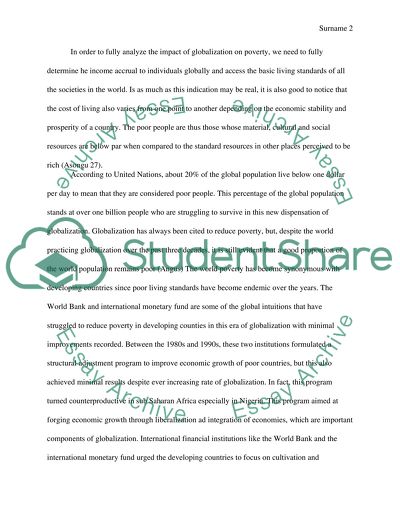Cite this document
(“Do you agree with the liberal argument that globalisation increases Essay”, n.d.)
Do you agree with the liberal argument that globalisation increases Essay. Retrieved from https://studentshare.org/history/1630646-do-you-agree-with-the-liberal-argument-that-globalisation-increases-growth-and-reduces-poverty-and-inequality-explain-your-reasoning-and-illustrate-it-with-appropriate-examples
Do you agree with the liberal argument that globalisation increases Essay. Retrieved from https://studentshare.org/history/1630646-do-you-agree-with-the-liberal-argument-that-globalisation-increases-growth-and-reduces-poverty-and-inequality-explain-your-reasoning-and-illustrate-it-with-appropriate-examples
(Do You Agree With the Liberal Argument That Globalisation Increases Essay)
Do You Agree With the Liberal Argument That Globalisation Increases Essay. https://studentshare.org/history/1630646-do-you-agree-with-the-liberal-argument-that-globalisation-increases-growth-and-reduces-poverty-and-inequality-explain-your-reasoning-and-illustrate-it-with-appropriate-examples.
Do You Agree With the Liberal Argument That Globalisation Increases Essay. https://studentshare.org/history/1630646-do-you-agree-with-the-liberal-argument-that-globalisation-increases-growth-and-reduces-poverty-and-inequality-explain-your-reasoning-and-illustrate-it-with-appropriate-examples.
“Do You Agree With the Liberal Argument That Globalisation Increases Essay”, n.d. https://studentshare.org/history/1630646-do-you-agree-with-the-liberal-argument-that-globalisation-increases-growth-and-reduces-poverty-and-inequality-explain-your-reasoning-and-illustrate-it-with-appropriate-examples.


